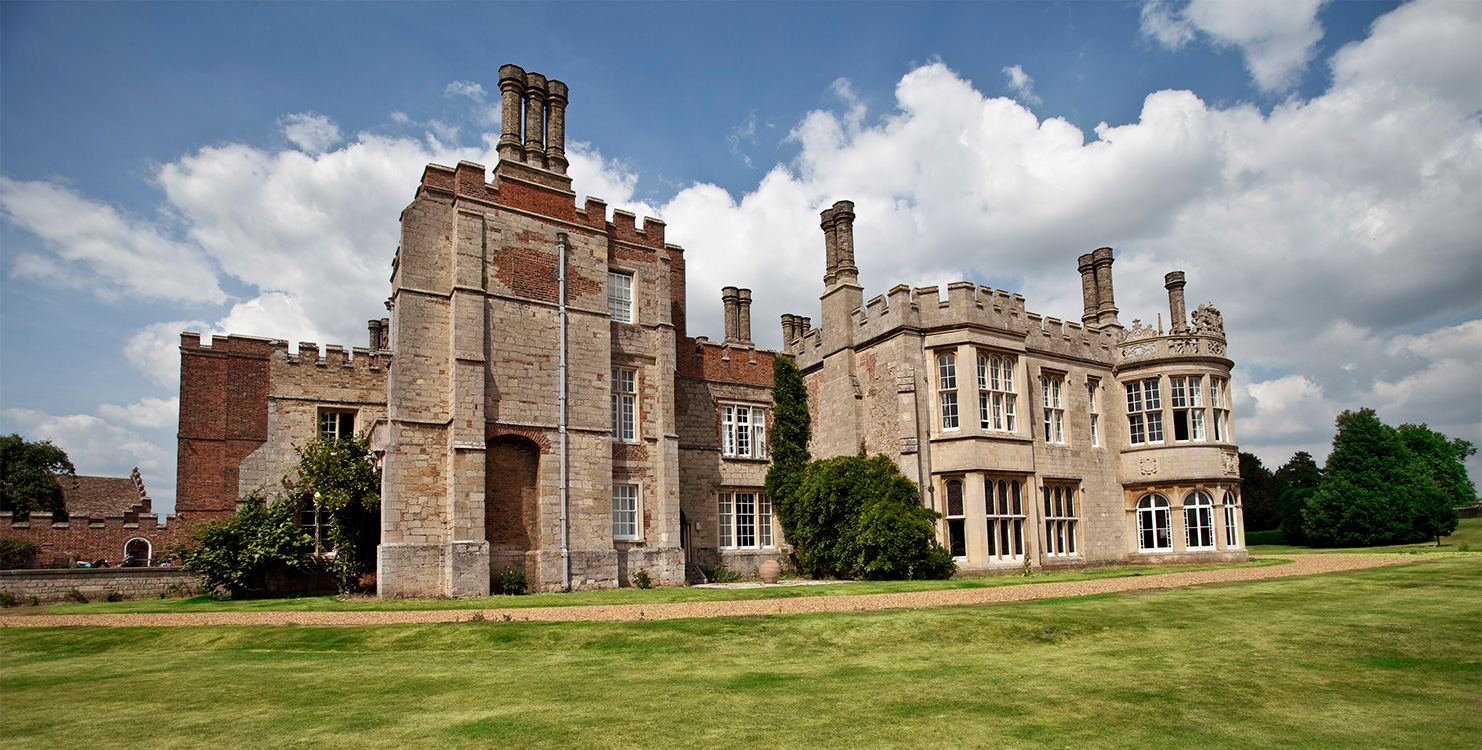Kit List
| Sweater/Fleece |
Several thin layers work better than on thick one, both for warmth and versatility. A spare is always useful as it gets cold on top of hills. |
| Socks |
Probably the most important piece of clothing! Find ones that are very comfortable, thick and preferably seamless. |
| Trousers |
Jeans are not suitable, they hold lots of water and provide little or no protection when wet. |
| Shirts | Again aim for warmth by layering. |
| Underwear | Obvious! |
| Night Clothes | Pyjamas are rarely warm enough. Take either a change of clothing to wear at night or a track suit is a suitable alternative. |
| Footwear | Boots (see later) and soft shoes (trainers). |
| Extras | Gloves and hat (both essential) |
Camping/Walking Gear
| Sleeping Bag | Natural down bags are lighter but perform badly when wet. Synthetic bags have a better all-round performance. We do have a few bags to lone, but students usually provide their own. |
| Boots | Strong footwear with ankle support is essential. |
| Waterproofs | A knee length design, which is both wind and rainproof is best. We do provide these on loan, they are recommended and are proven to work. |
| Over trousers | A very useful item of protective clothing for really wet weather, again ours are very good and we suggest you use these. |
Also provided by school – Tents, rucksacks, stoves and pans (Trangias) maps and compasses.
Students are welcome to bring their own equipment (at there own risk), but in all cases we would strongly advise you to talk to your group leaders first. The most important item is boots, we even have a few of these that can be borrowed.
Other useful/necessary equipment
Torch, matches, tin opener, knife, fork, spoon, plate, mug (not ceramic!), pencil and paper, whistle, toilet roll – innumerable uses! Polythene bags (various sizes, good for keeping things dry), plastic bottle(s) for water, simple first aid kit. For food see the later sheet.


